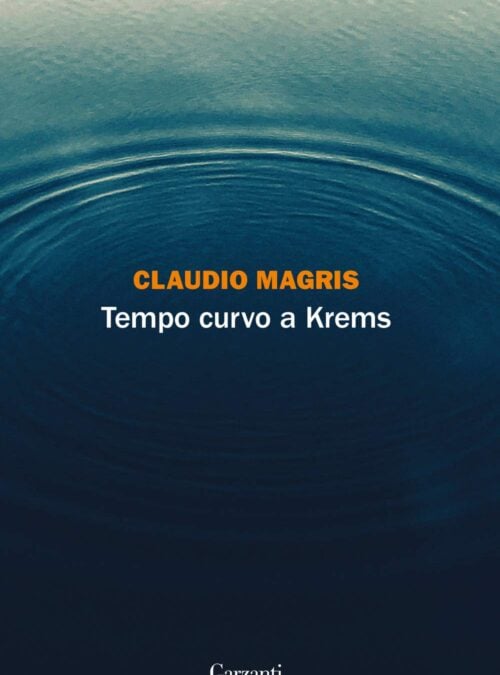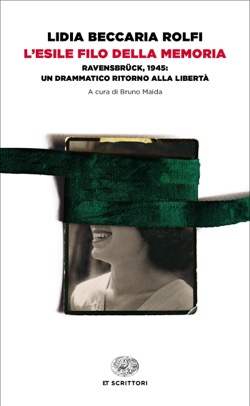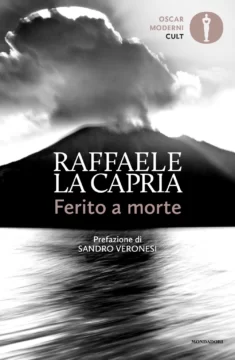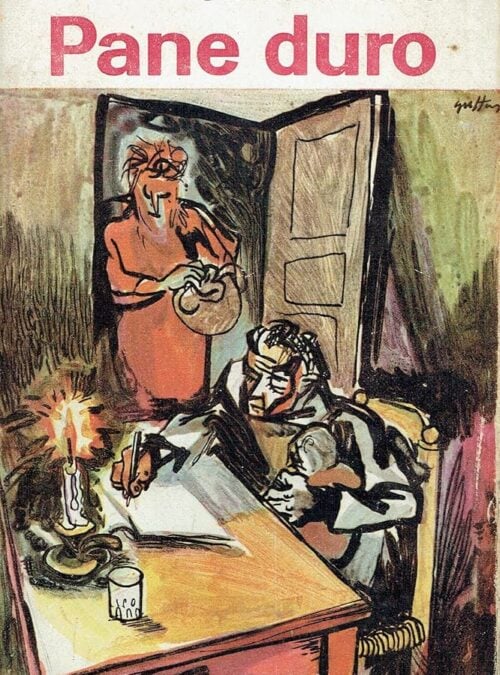Il mare non bagna Napoli
Author: Ana Cláudia Santos

Every month newitalianbooks asks a translator to suggest an Italian book
that has not yet been published in his or her language.
This month, Ana Cláudia Santos, who translates from Italian to Portoguese, presents :
Anna Maria Ortese
Il mare non bagna Napoli
Milan, Adelphi, 1994
(First Edition: Turin, Einaudi, 1953
I loved reading this book and would love to translate it. Published in 1953 by Einaudi, it is a collection of short stories. The first two, “Un paio di occhiali” (“A Pair of Glasses”) and “Interno familiare” (“Family Interior”), are more overtly literary, while the other three are better described as journalistic reportage.
Anna Maria Ortese, born in Rome in 1914, lived in Naples for many years and knew the city well. This book was criticised and misunderstood, as the author herself states in her preface to the 1994 reprint: “Unfortunately, it was judged to be a book ‘against Naples’.” Instead, it is a book of desperate love for a city left in ruins by the war. In this preface, “Il Mare come spaesamento” (The Sea as Disorientation), Ortese explains: “The writing of Mare has something exalted, feverish about it, tending towards high tones, verging on the hallucinatory: and on almost every page, despite its rigour, there is something a little “too much” about it”.
In the first story, “Un paio di occhiali” (A Pair of Glasses), Ortese shows a Naples where the darkness of the alleys and human, moral and material misery paint a picture of a seaside city where the sea cannot be heard or seen, where even the sun seems not to reach, and where “it is better not to see the world than to see it”. Eugenia, a poor and practically blind little girl, wants to see all the wonders of the world, placing all her hopes for happiness in a pair of glasses. An aunt takes her to an optician in Via Toledo; after trying on the glasses, for a moment the little girl sees nothing but signs of civilisation and kindness, beautiful smiles, beautiful teeth, shops whose windows shine like mirrors. It is this beautiful world that Eugenia wants to see, “the world made by God, with the wind, the sun, and down there the clean, big sea”. But when Eugenia finally puts on her glasses, her reaction to what she sees around her is very bitter.
How I would love to translate this magnificent text! As far as I know, the only book by Anna Maria Ortese that has been translated into Portuguese is L’iguana. Let’s hope that one day the shadows and darkness of Il mare non bagna Napoli will see the light in Portuguese.
Ana Cláudia Santos is a writer and translator. She has translated, among others, works by Giambattista Vico, Carlo Collodi, Sergio Solmi, Italo Svevo, Carlo Levi, Fleur Jaeggy, Alba de Céspedes and Natalia Ginzburg. She has worked for the University of Lisbon Press and has taught Portuguese at the University of Pisa. She has a PhD in Theory of Literature from the University of Lisbon. Her first collection of stories, A Morsa – Contos de Inocência e de Violência [The Walrus – Tales of Innocence and Violence], was released in 2022, and her second book, the brief novel Lavores de Ana [Ana’s Works], has just been published.










